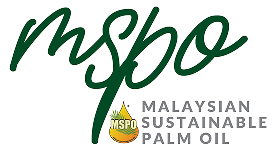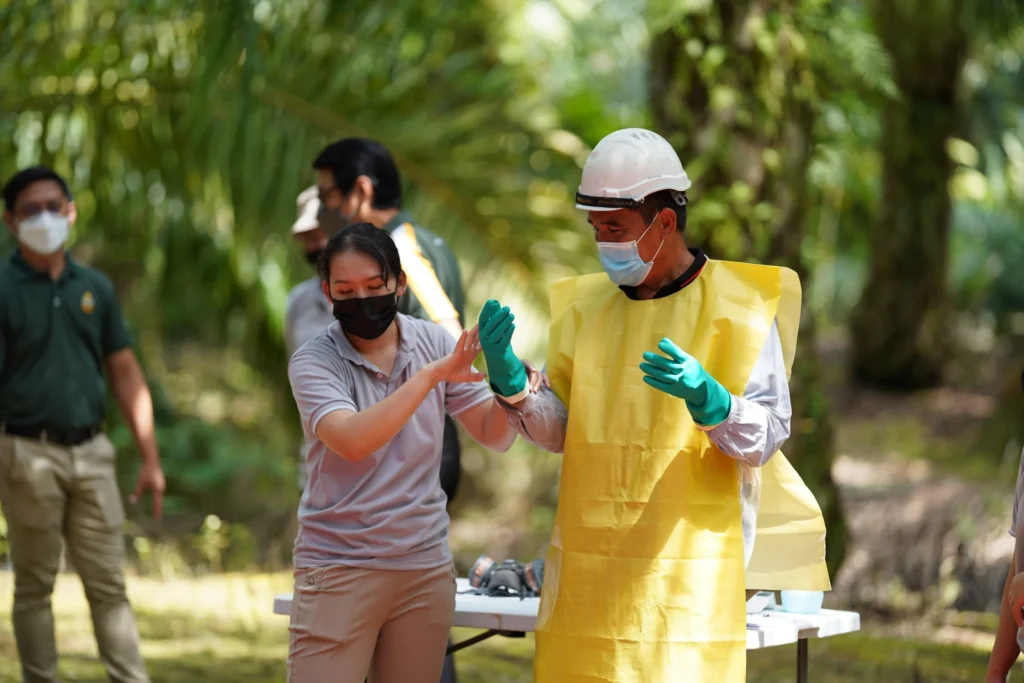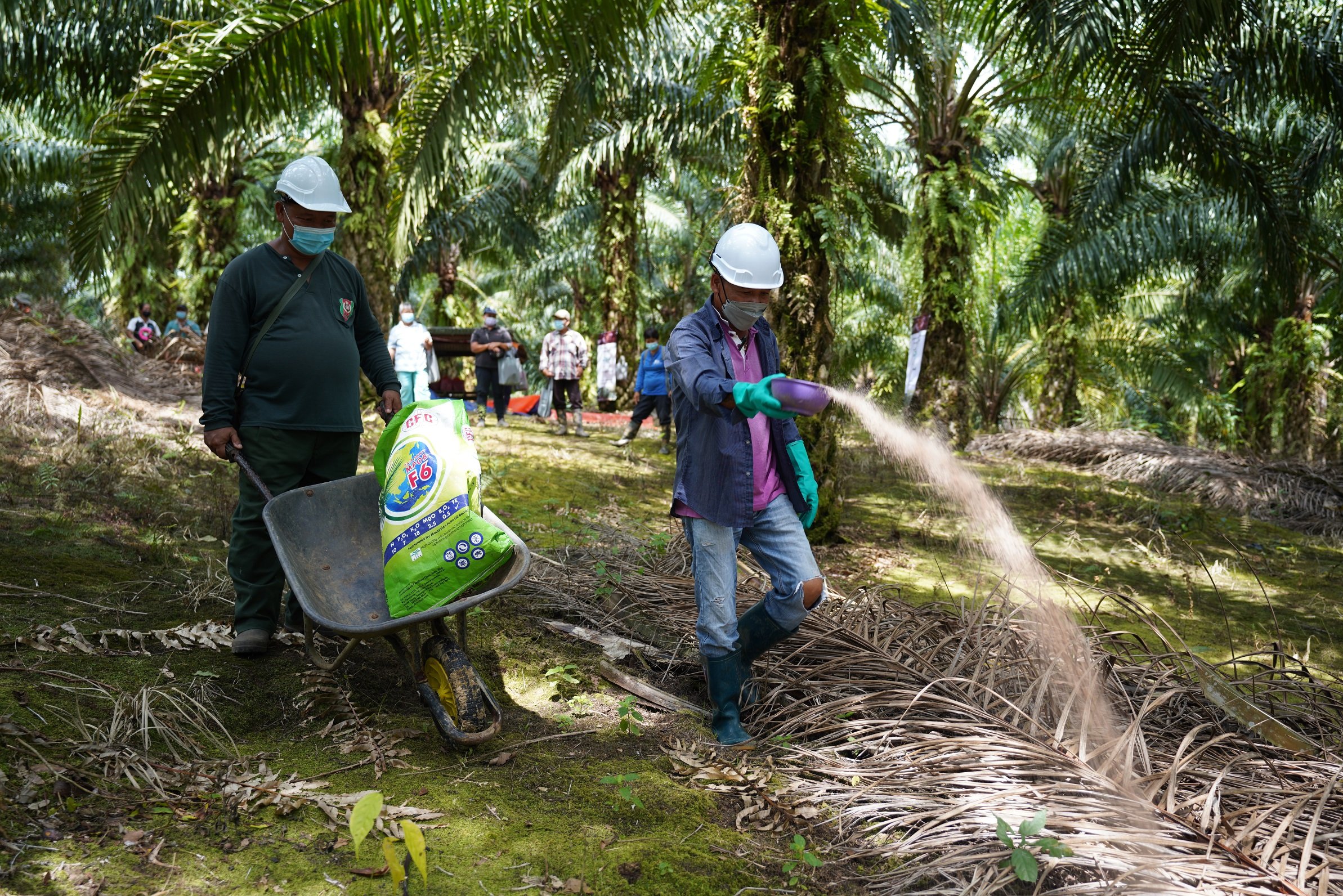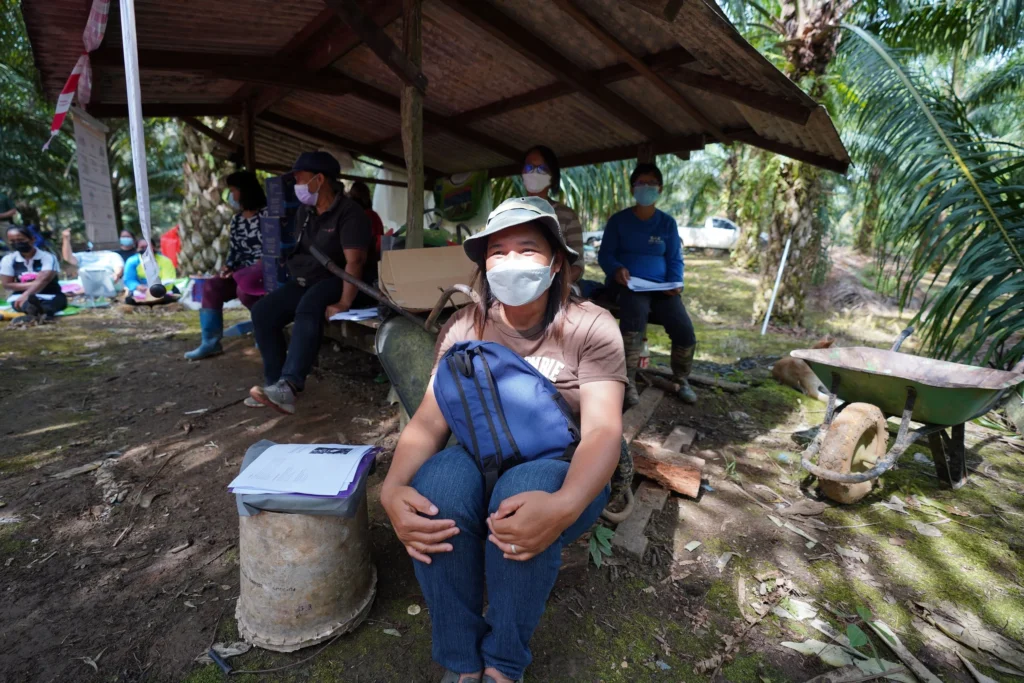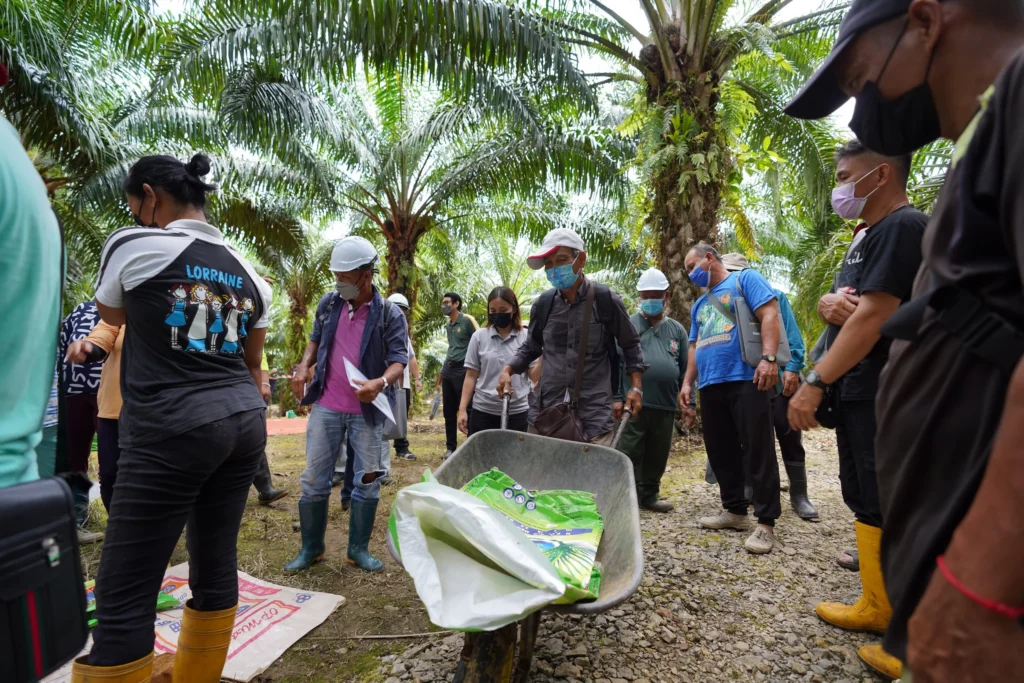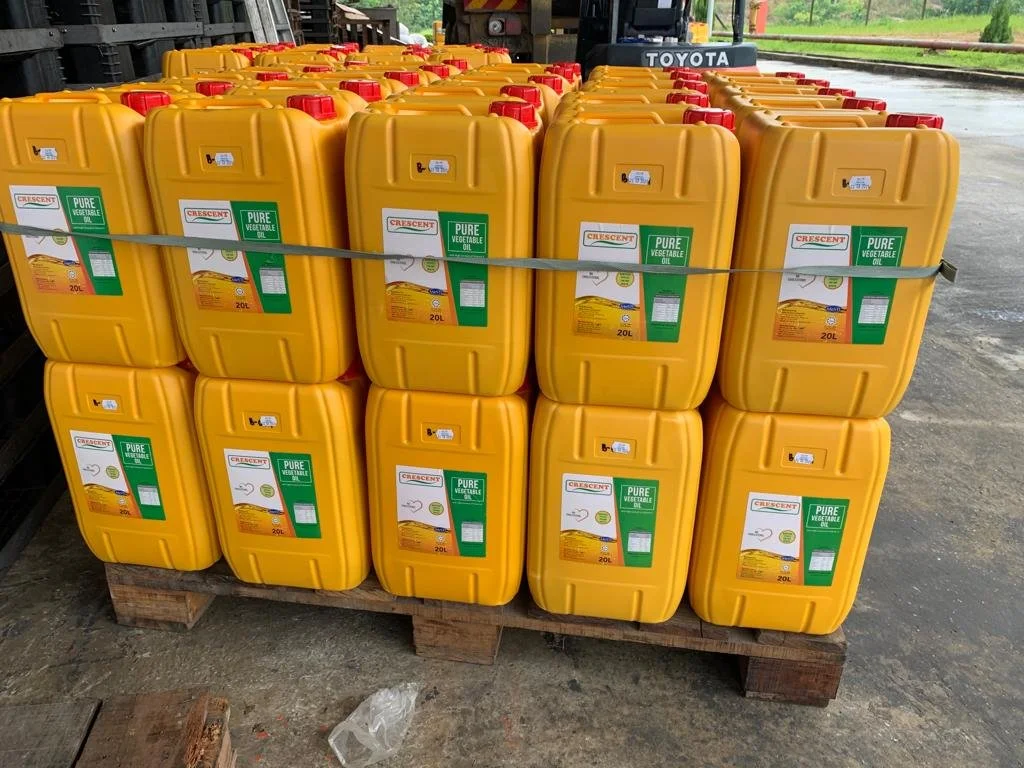Written by, Muhammad Haris Abdullah, MPOCC
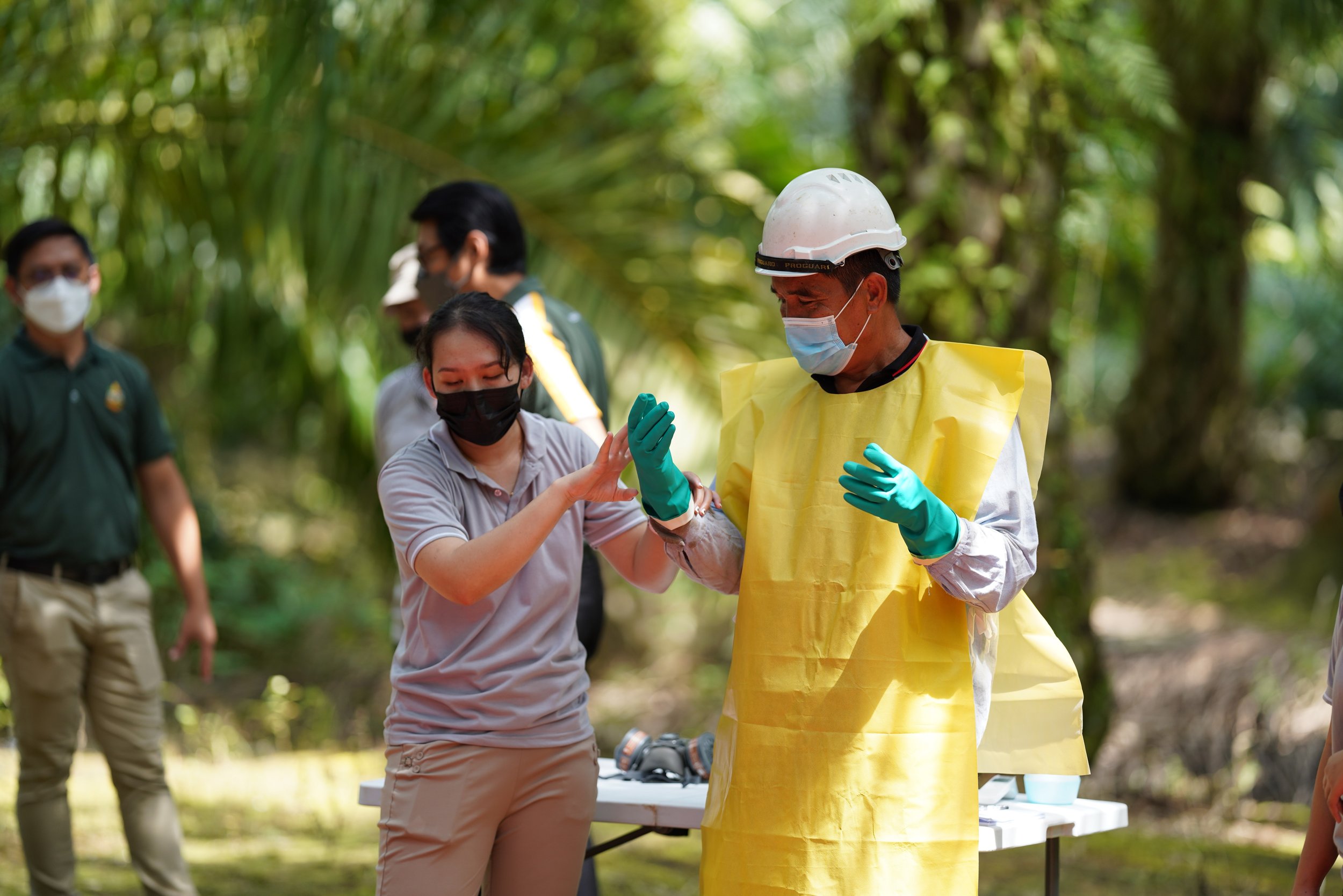
Smallholders
play a vital role in the Malaysian Palm oil industry. Their production makes up 40 percent of the total output of the country’s palm oil production. There are more than 300,000 Smallholders comprising farmers who own 100 acres of land or less (40.46ha) all over the country. There are more than 30,000 smallholders in Sabah and 40,000 in Sarawak respectively.
In Malaysia, oil palm smallholders are categorised into independent and organised smallholders. Independent smallholders are farmers who own and manage their land usually by their family members while organised smallholder’s lands were managed by the respective government agencies such as FELDA, FELCRA, SALCRA, and SLDB.
Most of the smallholders in Sabah and Sarawak have limited access to the wider market or millers and are usually dependent on Traders who are willing to travel the distance to collect their fresh fruit bunch (FFB) harvests. This also means that they have little to no support in terms of seeds, fertiliser, and manpower. The legitimacy of land ownership is often the biggest problem for smallholders, especially in Sarawak. Indigenous communities, in particular, struggle with issues of land tenure, as indigenous ancestral lands are not necessarily recognised by state governments.
As for smallholders in Sabah,
environmental and wildlife controversies
that surround oil palm plantings are one of the major challenges. A smallholder’s median income in Sabah is RM1,500 per month based on the studies by Forever Sabah reported that this is not enough to cover their basic needs. Undulating geographical conditions and interior locations seem to be other challenging factors for smallholders in Malaysian Borneo Island to access a wider market. Less knowledge of the best agriculture practices could be an issue for smallholders to increase their productivity.
Numerous initiatives were taken by both Government as well as non-governmental organisations (NGO’s) to assist smallholders especially in Sabah and Sarawak.
Malaysian Sustainable Palm Oil (MSPO) certification scheme
in one of the key initiatives by the Malaysian government to address the above stated challenges faced by the smallholders. Government through Malaysian Palm Oil Board (MPOB) as the guardian of the Malaysian palm oil industry had subsidies and assist smallholders to achieve MSPO Certification. MSPO certification which requires smallholders to adopt best practices of agriculture, environmental managements as well as safe operations which will directly and indirectly bring benefits to the smallholders.
Continuous awareness and implementation of the sustainable practices by the smallholders in Sabah and Sarawak will definitely uplift the livelihood and assist them to prosper by overcoming the challenges in long term.
